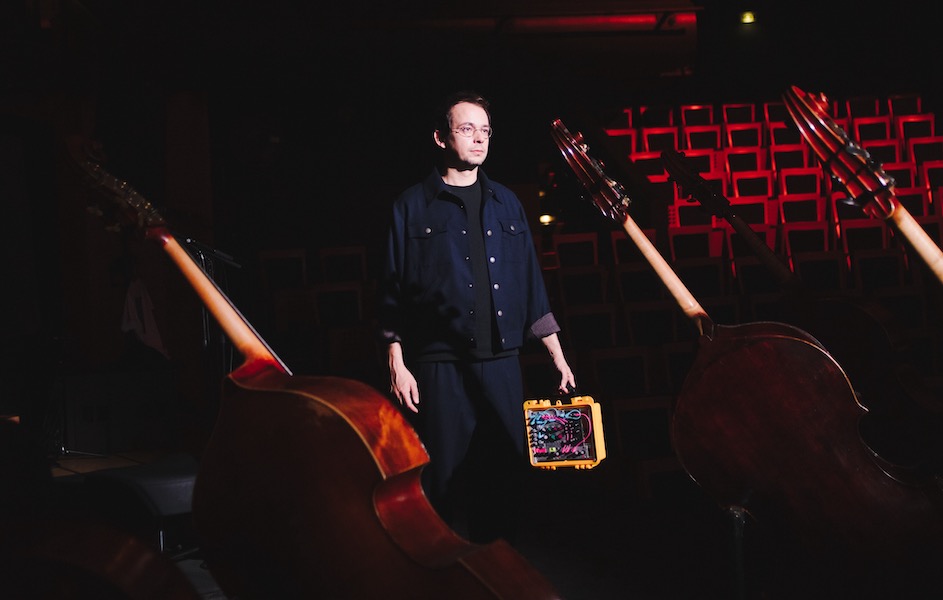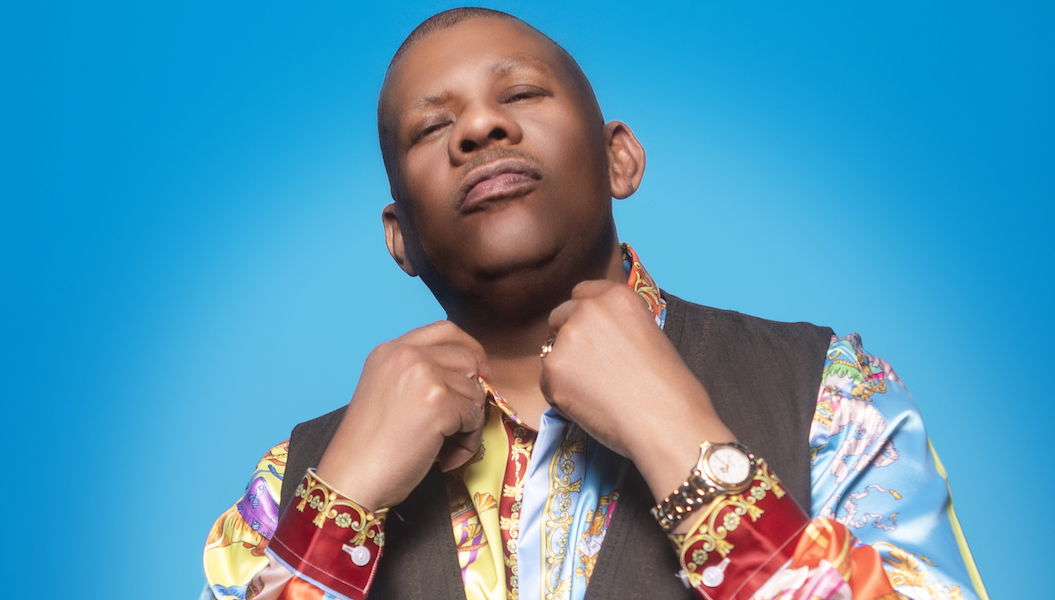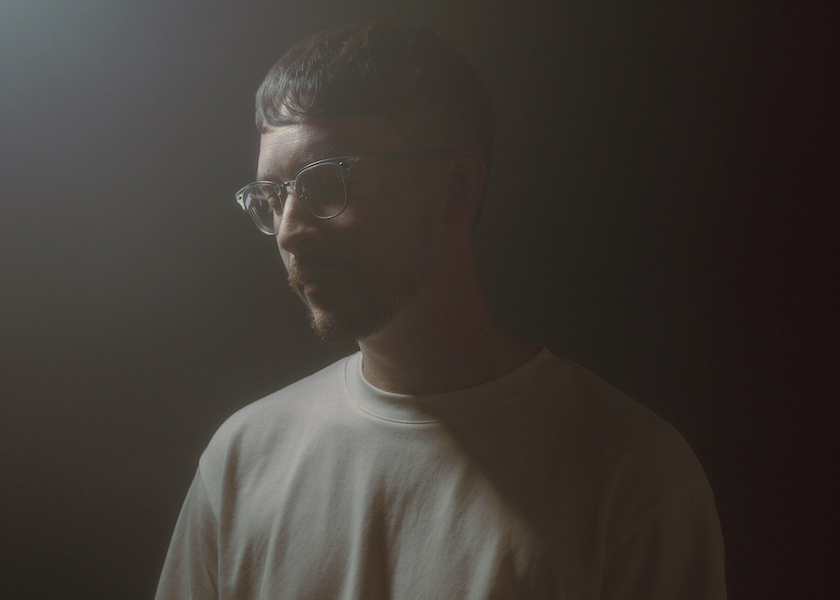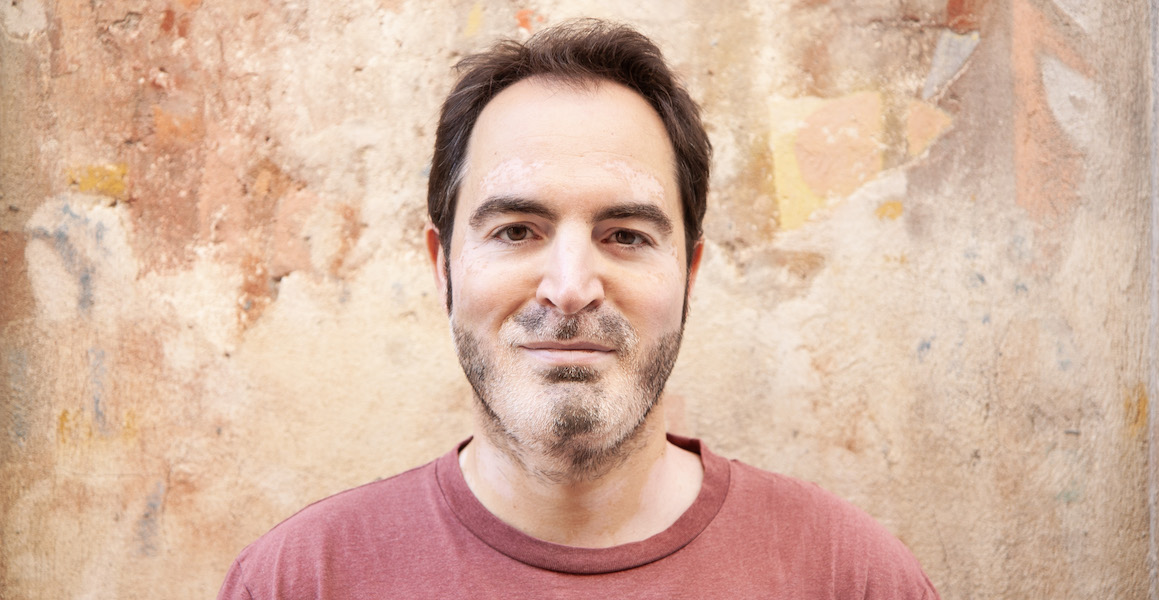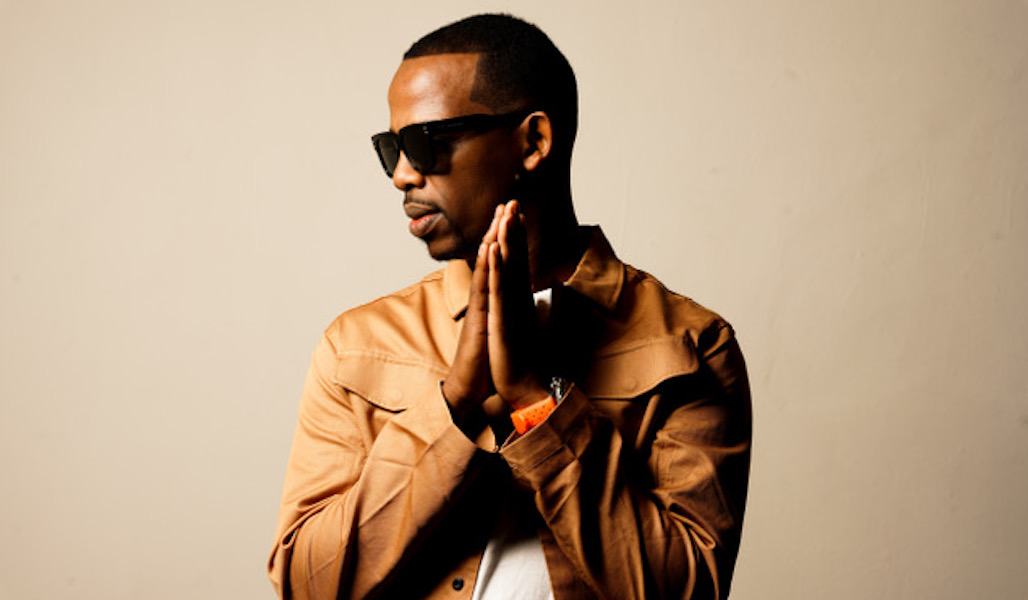French electronic music producer Rone recently captivated audiences at London’s Barbican Centre with his groundbreaking album ‘L(oo)ping’, performed alongside the acclaimed London Contemporary Orchestra (LCO), under the baton of Robert Ames. We’re catching up with Rone to speak about the show, as he shares insights about the creative process, the possibilities, and potential challenges of blending electronic and analogue instruments on a larger scale, as well as the experience of performing ‘L(oo)ping’ live.
WWD: What drew you to collaborate with the London Contemporary Orchestra? And how did the experience differ from working with the National Orchestra of Lyon?
After seeing the show at the Philharmonie in Paris, Barbican programmer Bryn Ormrod had the idea to program the show with the London Contemporary Orchestra. I accepted the invitation in a heartbeat. I was delighted to see the show exported abroad, particularly to the UK, a place to which I have always been musically attracted. The experience was different because the orchestra was half the size of previous shows in France. My arranger, Romain Allender, and I had to make a few adaptations, but ultimately, it was a delightful surprise. I feared losing the power of the performance, but instead, I took great pleasure in the shift, as I believe that, to a certain extent, the show gained in fluidity and dynamism. We had very little time to prepare and rehearse, but the conductor, Robert Ames, and the LCO musicians quickly made me feel at ease, and everything went wonderfully well.
WWD: What was the creative process like in preparing for a performance that blends electronic and analogue instruments on such a grand scale? How do you balance the spontaneity of electronic music with the precision required for a live orchestral performance in a way where they complement each other rather than clash?
Before working with the orchestra, a lot of writing and arranging had to be done. This is actually a very ‘written’ show, even for the electronic parts, but we still left ourselves a margin of freedom with the machines to maintain spontaneity. For example, there are synths played live, but we also set up a system that allowed us to recover the sound of the orchestra and apply subtle effects. The orchestral part is, of course, very much written; each section has its own score, and conductor Robert Ames plays a crucial role in balancing the orchestra. The challenge is to find an equilibrium between electronics and orchestra to avoid one overpowering the other. It’s like walking a tightrope, and Vincent Philippart, my FOH sound engineer, plays an important role in maintaining this balance.
WWD: Are there any other classical ensembles or orchestras you’d dream of collaborating with after this experience?
The LCO was really the orchestra I wanted to play with; they’ve collaborated with so many artists I respect, such as Actress or Radiohead. After LCO, I don’t have any particular ensemble in mind. I like the idea of starting from scratch with a local orchestra and allowing the conductor’s sensitivity to lead to a different result. As this is probably my most written show, performing it with different ensembles gives it a moving, living form.
WWD: Were there any surprises or standout moments during your performance at the Barbican Hall that you’d like to share?
I was really surprised to see the audience get up and dance, no easy feat in this type of venue. I’m not sure if I were part of the audience I would have dared to stand up, but as a musician, I was really pleased by the spontaneous reaction. Later, I saw pictures on social media of people laughing, crying, dancing, and hugging. It’s very touching to see the multitude of reactions to the show.
WWD: You’ve previously mentioned that you’ve felt an “inferiority complex” towards more scholarly music initially. Have your L(oo)ping performances changed that perspective?
I’ve always been fascinated by classical music, which paradoxically is not the same planet as mine. But with this project, rubbing shoulders with the musicians and the conductor, I rid myself of this complex. The show wouldn’t exist without these two planets colliding. I was also reassured by the enthusiasm and perceptible joy of the musicians playing my music.
WWD: What relationship do you imagine for electronic music and classical music in the future?
I have the impression that we’re only at the very beginning of such electronic/classical mixes. There’s still so much to invent. This has given me loads of ideas for the future!
WWD: Have the live performances of your L(oo)ping project influenced the direction of your music? And if yes, in what way?
When I get back from London and sit alone behind my synthesizers, I don’t change my working habits, at least not consciously. But maybe subconsciously there’s a kind of open-mindedness in the way I compose. I realize that a small electronic demo can take on so much more with an orchestra. It widens the possibilities.

